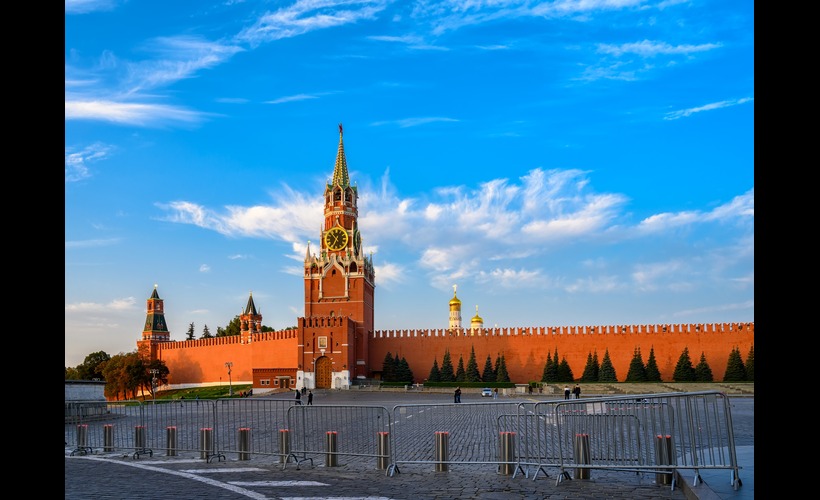Despite the absence of any active conflicts in the Baltic Sea, the past three decades has seen increased military deployments by countries in the region. Whether this is part of NATO missions such as Afghanistan or Kosovo, UN missions like the one in Mali, or US-led campaigns like in Iraq, northern Europe has become ever more involved in conflict zones around the world. While countries like Sweden and Denmark may not be known for their military prowess as they perhaps were during the seventeenth and eighteenth centuries, they have remained active participants in some of the world’s most notable hotspots.
This event will explore the motivations to partake in these recent endeavours and what their implications have been. Join us to learn about how this military engagement has taken shape over the past thirty years and where they stand today.
Panel:
Martin Hurt is a former Estonian Ministry of Defence official and a Research Fellow at the International Centre for Defence and Security. His areas of research include developments in NATO and the EU, as well as national security and defence related topics in the Nordic-Baltic region. At the Estonian Ministry of Defence, Hurt worked on various positions, including as Undersecretary for Defence Investments/National Armaments Director (2005-2010), as Undersecretary for Defence Planning (2004-2005) and (Deputy) Director of the Defence Policy and Planning Department (2002-2004).
Rasmus Mariager is Professor of Modern Danish Political History at the University of Copenhagen. In 2016, the Danish parliament appointed Mariager as Head-of-Research for an independent inquiry that examined the Danish political decision processes prior to Denmark’s military engagement in Kosovo, Afghanistan, and Iraq. The inquiry was published in four volumes in 2019.
Dr Roxanna Sjöstedt is Associate Professor of Political Science and Director of Peace and Conflict Studies, Lund University. Her research is centered around military and non-military threats, international military intervention, securitization, and norm diffusion and socialization, and she has published on these topics in, for example, Security Studies, European Journal of International Security, Security Dialogue, and Foreign Policy Analysis.
Chair: Naman Karl-Thomas Habtom, Research Assistant at the Centre for Geopolitics







